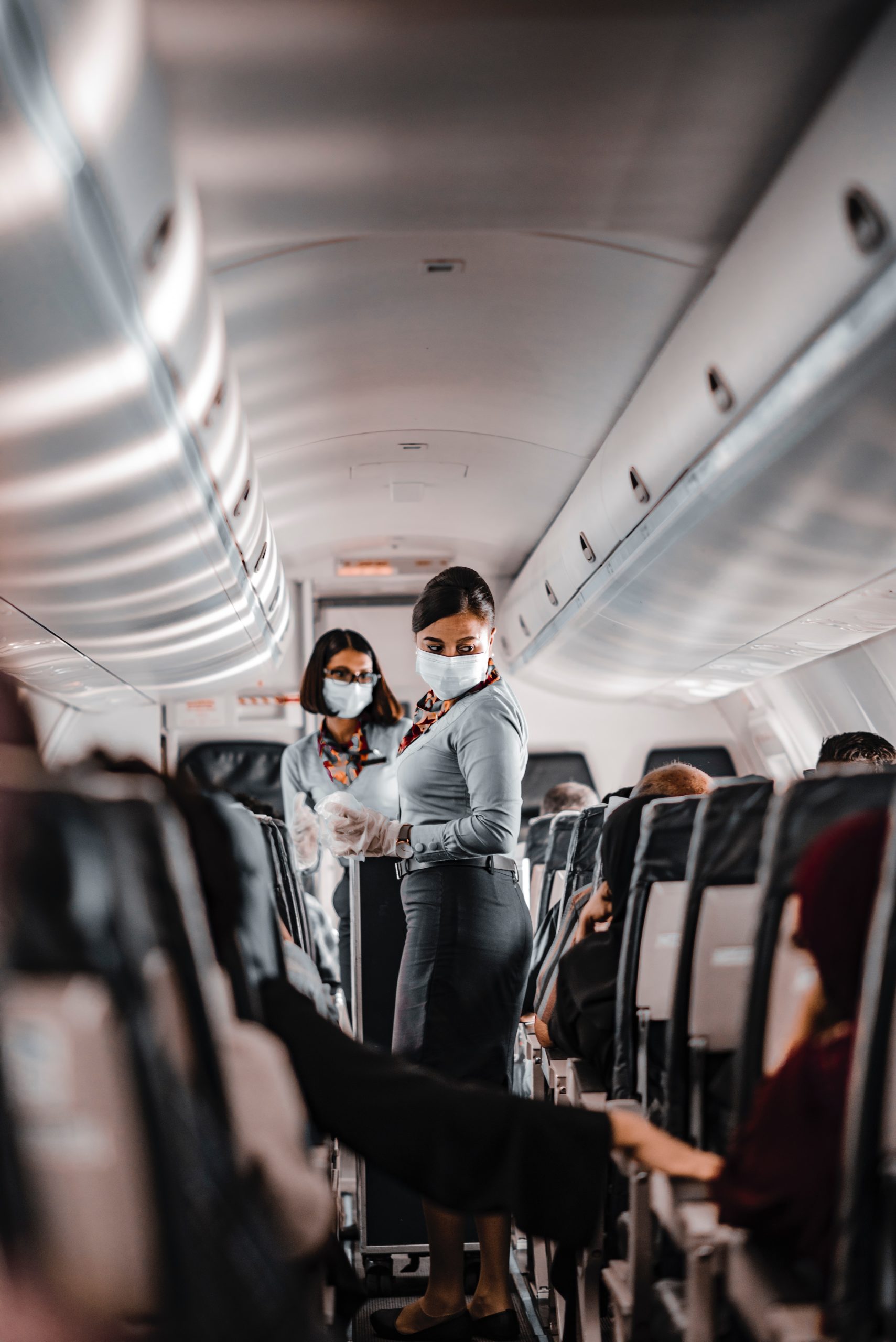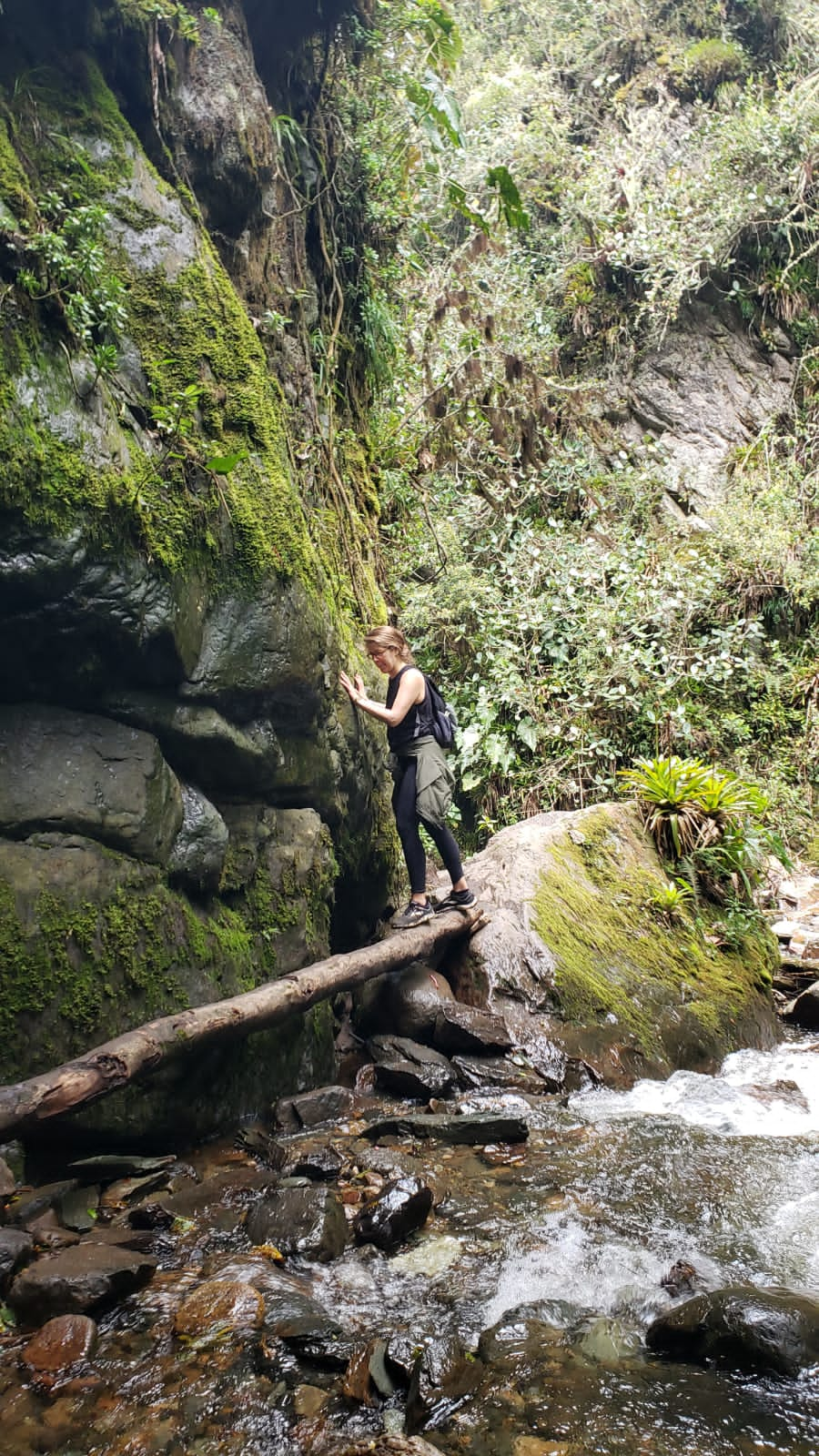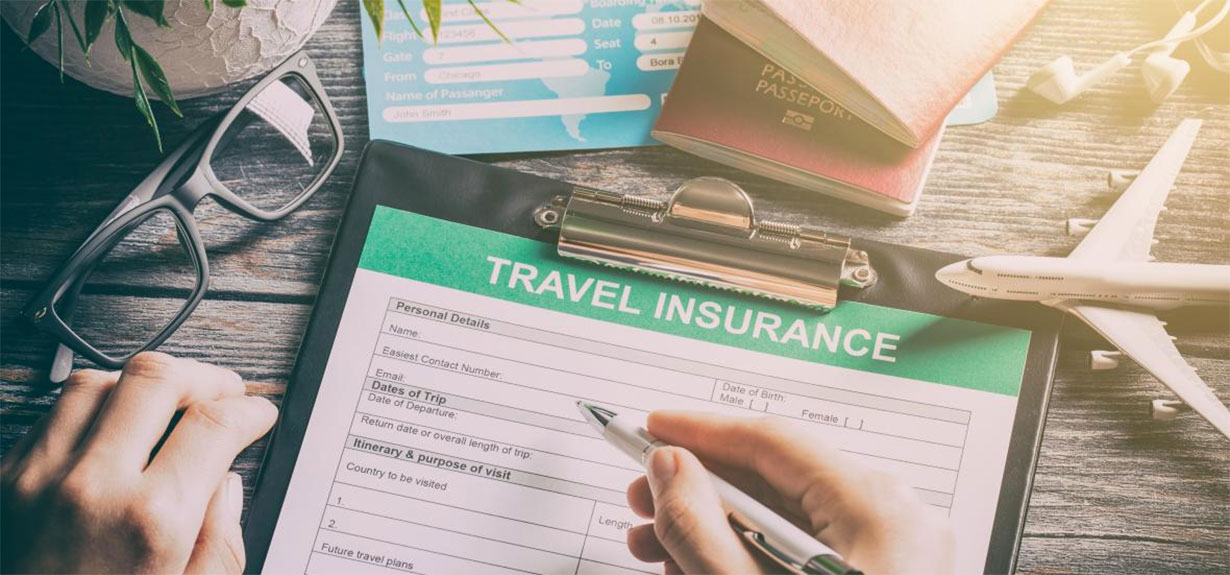Just as we have all made changes to adjust our daily lives in the face of COVID, we similarly need to rethink how we travel.
Purchasing travel insurance is one important way to make responsible travel choices in the face of COVID. Travel insurance provides travelers with an added layer of protection against possible changes that countries, travel providers, airlines, hotels or individuals must make to maintain safety. Knowing that you have protected your travel investment allows you to more easily navigate unforeseen changes with peace of mind. It also allows you to avoid burdening destinations, local host communities or yourself with expensive health care costs. Because of this, many travel companies, including Elevate Destinations, are requiring travelers to purchase travel insurance for trips taking place in 2021 or 2022. On that note, it is important to note that Elevate Destinations does not recommend one travel insurance company or policy over another and does not sell travel insurance. Each policy must be evaluated based on the particular circumstances of travel.
Here are some of the essential questions you need to ask when examining an insurance policy for yourself and your family:
1. Are there any insurance requirements for the destination or outfitter arranging my trip?
Several destinations and outfitters are currently requiring different types of insurance coverage. It is important to know what these requirements are before shopping for travel insurance. For example, Costa Rica is requiring insurance that covers lodging in case of quarantine and 50k in medical coverage in case of contracting COVID. If you are working with a travel provider they will be able to advise you on what the insurance requirements are for your trip and if they have any requirements of their own.
2. What is covered in this policy?
 It is very important to understand the specifics of what is covered in your policy and how your policy defines things such as: trip cancellation, trip interruption, travel delay and missed connections. Other essential elements to trip coverage include: baggage, non-medical evacuation, medical expenses per person or per plan, and emergency medical evacuation. Each policy underwrites these terms differently. It is important to get clarity on this language so you can identify a plan that fits your needs.
It is very important to understand the specifics of what is covered in your policy and how your policy defines things such as: trip cancellation, trip interruption, travel delay and missed connections. Other essential elements to trip coverage include: baggage, non-medical evacuation, medical expenses per person or per plan, and emergency medical evacuation. Each policy underwrites these terms differently. It is important to get clarity on this language so you can identify a plan that fits your needs.
It is also important to understand what the plan covers monetarily; what percentage of your trip costs will be covered? What is the financial cap on expenses that the policy covers? $100,000 or $1,000,000? Is this coverage per person or for all the individuals on the plan? For example, if you have 5 people on a plan and you are all hospitalized, that $100,000 goes very quickly! Each policy varies slightly and it is important to have appropriate coverage for everyone on your plan.
3. Is the policy time sensitive?
Most robust policies are time sensitive and require all inclusive costs such as flights and ground costs to be insured– not portions thereof. You need to know how long you have between making each trip payment and purchasing insurance to qualify for certain policies. Many travel insurance companies require you purchase Cancel For Any Reason (CFAR) insurance 14 to 21 days after making your first payment on the trip. If you make subsequent payments on your trip, such as purchasing your flights closer to your trip date, you similarly have 14 to 21 days to add those expenses to your total trip costs. Stay attuned to these timelines, otherwise your trip costs may not be fully covered
4. What reasons for canceling a trip are covered? How much would travelers be reimbursed in case of cancellation?
If you buy travel insurance, you might assume that you should be able to cancel that trip and be reimbursed in full, but that is not the case with all insurance policies. Many policies only allow reimbursement based on a few specific cancellation reasons. You need to know what those qualified reasons are for canceling on your policy. If those reasons don’t cover a broad enough range of reasons to cancel, you need to buy Cancel for Any Reason (CFAR) insurance which is the most robust policy covering the widest variety of reasons for cancellation, though it does not cover 100% of your total trip cost.
5. Are pre-existing medical conditions covered?
This is something you need to read the fine print on. What is and is not covered often has to do with the length of time a traveler has had the pre-existing condition. For example sometimes the maintenance of a pre-existing health issue is not considered a pre-existing condition, but sometimes it is. Some policies state they will cover pre-existing conditions diagnosed 180 days before a trip but not cover new conditions discovered right before the trip departure. If you do have a chronic medical condition, inform your travel insurance provider as far in advance and find out whether or not it will be covered in your policy.

6. Will this insurance plan serve as your primary insurance during travel?
When your policy is a primary plan, they don’t need to go through your domestic travel insurance first.When it is a secondary insurance then your medical insurance that you use at home is first solicited to pay for the medical expenses. Having your travel insurance plan as your primary plan will save you a lot of time and headache both in the country and at home when managing medical costs abroad.
7. What COVID-related expenses, both medical and ancillary, are covered?
Some policies treat COVID like any other illness. Others exclude COVID as a covered medical expense. If they do cover COVID you will want to know what the terms are. For example, if a traveler needs to quarantine or remain in the country of travel for treatment are these costs covered? Will they cover all costs associated with quarantines including accommodation and meals, or only treatments for COVID? What type of documentation do they require if you have to cancel due to COVID? Does their policy help direct you in the country of travel if you need COVID specific treatment or testing to the proper location? Is this testing or treatment covered?
8. What are the time limits for your insurance policy?
Understand your time limits for coverage. Some policies will extend a week after your scheduled departure date if you must remain in the country due to sickness or quarantines. Other policies end on the day you were supposed to return home and do not extend beyond the dates of your travel.
9. If the dates change for your trip, does this coverage transfer to these new dates?
With many trips being postponed due to COVID, you should ask your travel insurance provider if your policy will transfer to the new trip dates. Make sure you understand what needs to be communicated to your insurance provider and when, so you can carry it over with you to the rescheduled dates.
10. What factors will annul my insurance policy?
Even if you purchase coverage your policy may be voided if you travel somewhere the State Department has deemed unsafe or has multiple government warnings. It is important to know what the underwriting states regarding these factors so you don’t purchase a policy that won’t cover you.
11. What is involved with making a claim?
Understanding what documentation is necessary to file a claim will allow you to do so with efficiency should you need to do so. Knowing what receipts you need and what additional documentation, and in what language, will help you keep things organized so you can reap the maximum benefits from your travel insurance and submit your claim in a timely manner. You will also need to know how much time you have to submit your claim after a change or issue has occurred.
12. What is the timeline for claims to be settled after they have been filed?
Everyone one wants timely responses to their claims. When you are searching for a travel insurance company, look for one that guarantees a timeline for when they process their claims. It is typical for a claim to be processed between 30 to 90 days.
13. Who is my point person?
If you are purchasing your travel insurance through a travel insurance broker it is important to define the nature of this relationship. Are they there only to process this sale or will they be there for you if or when you need to file a claim? Will they answer your questions and make sure to advocate for you and help progress a claim for you if they get stuck in red tape? What support can they provide to make something inherently stressful less of a headache?
14. Follow up!

Inevitably, the more you think about the details of a policy the more questions might arise for you. Take some time to consolidate these notes and circle back with these questions. Not every travel broker will know the answers to these questions off the top of their mind but is their job to find the answers for you.
In short, knowing the answers to these essential travel insurance questions will allow you to make decisions that are in the best interest of you, your travel companions and the communities you want to visit.
Travel safe!
About the author: Katherine Redington helps strategically advise and run signature trips for nonprofits, foundations, social impact organizations and philanthropists. She has designed over 150 social impact journeys to every corner of the world and helps organizations navigate the complexity of travel and their trip goals through numerous diverse landscapes with an eye towards social equity and environmental protection. Get in touch to learn more katherine@elevatedestinations.com

